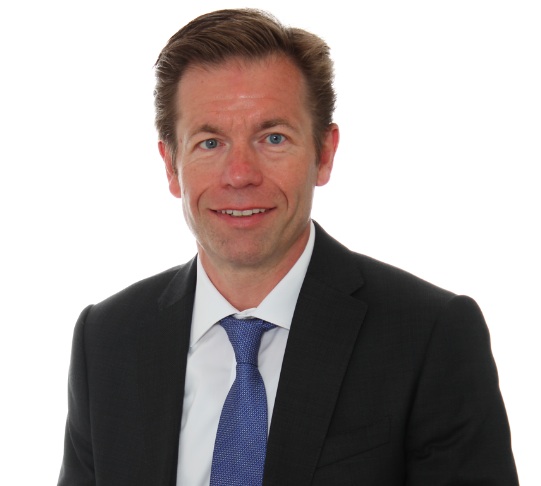European UHNW Investors Plan to Commit Additional Cash to Investing in 2014
| By Alicia Miguel | 0 Comentarios
J.P. Morgan Private Bank has revealed the expectations of Ultra High Net Worth and High Net Worth European investors on market conditions, risk appetite and investment sentiment for 2014, as part of the Bank’s latest Private Client Survey. Conducted as part of the Private Bank’s latest Investment Insights series between January and February 2014, held in 15 cities across Europe amongst more than 900 UHNW and HNW investors, the survey polled participants on their market outlook, including investment views on the key risks for the next 12 months, as well as investment sentiment and their anticipated portfolio positioning.
When asked about European economic growth, almost all investors (95%) are convinced that Europe will grow in 2014. The majority (49%) believe Europe will grow at a rate of 1% in the next twelve months, and a quarter (23%) say a 1.5% growth rate is achievable, while 3.5% of investors think the region will grow by 2% in 2014. Some investors were slightly more cautious, with 20% predicting a lower 0.5% growth rate. Only 5% of investors believe Europe will not grow at all.
More than half (54%) of investors believe equities will be the best-performing asset class in 2014 – with Spanish (70%), German (59%) and Greek (54%) investors being the most bullish. A further third (31%) of investors consider alternative investments and hedge funds to be the other asset class winner for 2014, with respondents in the Netherlands (67%) and Switzerland (32%) particularly supportive. Investors generally agree that fixed income will not deliver the performance of the past 20 years, and less than 5% expect the asset class to be a good performer in 2014.
Europe is expected to be the best performing equity market in 2014, leading the way with 39% of investors’ votes. However, other markets are also listed: 35% believe the US will be the strongest performing equity market; 15% say Emerging Markets will outperform other regions; and 12% believe Japan could perform the best.
For fixed income investments, well over half (59%) of investors consider extended credit (high yield, loans, peripheral debt) to be the best performer for 2014. This was followed by Emerging Markets debt (18%), core/traditional fixed income (12%) and finally, cash (11%).
The survey also asked investors whether they plan to commit additional cash to investing in 2014. More than half (52%) revealed they plan to do so through additions to equities, while 18% are willing to commit more cash to alternatives. Roughly one in five (18%) investors would rather hold cash at current levels, while 8% are willing to increase cash positions and even reduce market exposure. “Given the outlook for 2014, it is reasonable that investors are willing to commit additional cash to investing this year, and as 2014 progresses, we expect consensus to be proven right: Stocks will beat bonds. Many investors have carried large cash positions over the past few years and have missed out on strong returns for risk assets, especially equities. We believe 2014 will be another year in which it pays to be invested”, César Pérez, Chief Investment Strategist for J.P. Morgan Private Bank in EMEA, comments.
Slower growth in China was the key concern for investors last autumn. This perception, however, has now shifted. According to the study, the geopolitical/political environment is now the key risk for markets for 33% of European investors in 2014.. Other concerns include the Fed’s exit from quantitative easing (30%), Europe turning to deflation (21%), and equity valuations being too high (17%).




